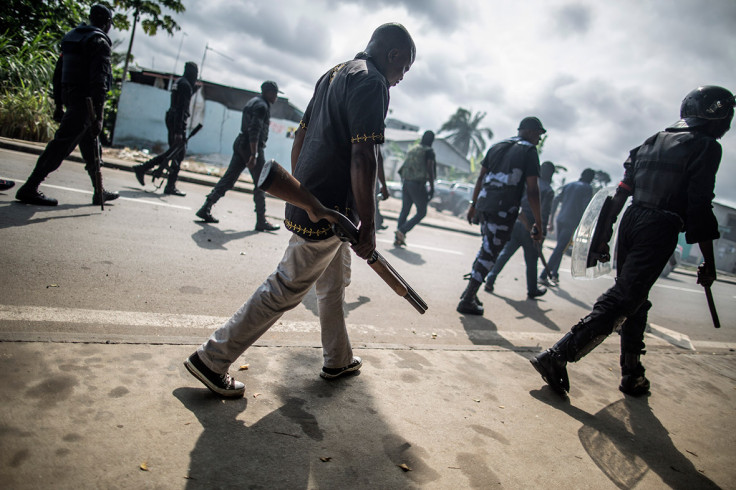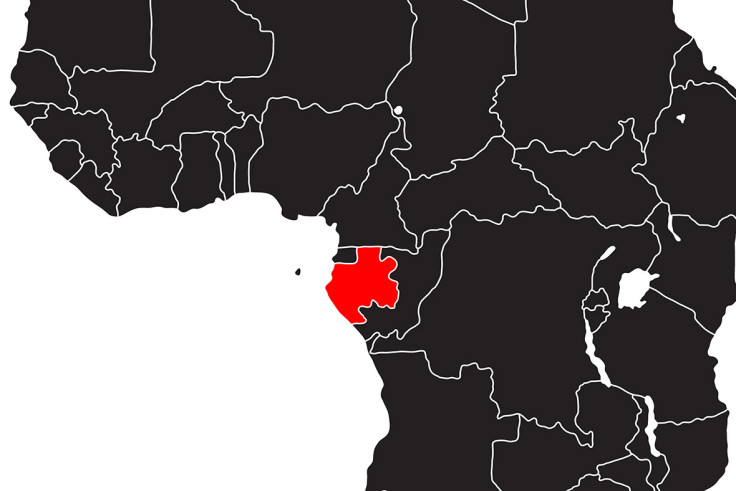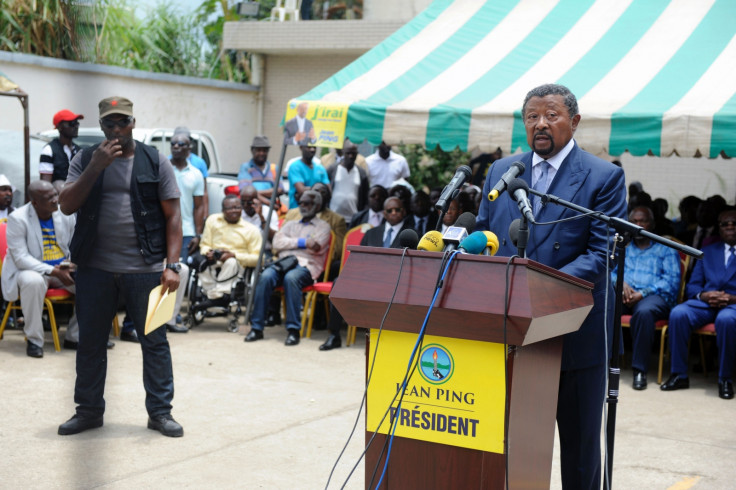Gabon elections: What next now Jean Ping has petitioned Constitutional Court?
IBTimes UK deciphers Gabon's political crisis as the nation sways between stability and instability.

Gabon's regime has said it is prepared to respond to the opposition's legal challenge of the 27 August election result, as the country enters a decisive phase with each side accusing the other of electoral fraud.

Days of deadly rioting followed the controversial re-election of President Ali Bongo, 57, on 31 August. Bongo, whose family has been in power for nearly 50 years, was declared president until 2025. Opposition candidate Jean Ping, 72, claimed he was cheated of victory and accused the incumbent leader of vote rigging to secure a win.
With less than 10 days to go before the Constitutional Court is set to announce its verdict in the disputed election result, IBTimes UK looks at what could be next for the West-Central African nation.
What is opposition leader Jean Ping hoping to know from the Constitutional Court?
Bongo was the declared winner with a 5,594-vote lead. These results have been marred by allegations of fraud, due to exceptionally high turn-out figures. Official results said there was a 99.93% turnout with 95% voting for Bongo in the head of state's home region of Haut-Ogooué.
This was in contrast to the national turnout of 59% (regional turnout was between 45% and 71%, according to Gabon's interior ministry).
Last week, Ping filed an election result petition request – a move which means requested a recount of votes from Bongo's home province of Haut-Ogooué, and for the election result to be nullified.
It is noteworthy to note that Ping had a relationship with the daughter of the late President Omar Bongo – Ali Bongo's father – Pascaline. Ali Bongo and Ping are therefore former brothers-in-law.
How did President Ali Bingo respond to the legal challenge?
Chairman of Ali Bongo Legal Committee campaign group, Ali Akbar Obegue, said on 13 September the President's office would respond to the request, but said its response would be based on Haut-Ogooué, not on provincial results as requested by many.
Obegue said lawyers for the committee would advance evidence of suspected fraud allegedly committed by Ping's camp in a number of areas outside Bongo's stronghold, including in the capital, Libreville.
"The irregularities we found are that we are almost sure that Ping falsified documents including those that he handed to us. The documents are facts. Those that you see on my table each time. That kind of document that is everywhere in the country. So what Ping has done is to the detriment of Ali Bongo and we have all these evidence and will submit them to the Constitutional Court," Obegue said.
This has been criticised by some, who say the evidence document submitted by Bongo's camp should include the 297 results of the Haut-Ogooué, as well as the evidence of alleged fraud by Ping's camp.

Who is in charge of the Constitutional Court's investigation?
The president of the constitutional court, Marie-Madeleine Mborantsuo, holds the keys to the outcome of the post-election crisis. Mborantsuo is described as a woman with a solid experience, who has been awarded French diplomas. A brilliant jurist, she became the head of the constitutional court in 1998.
It is worth noting that Mborantsuo was once the mistress of Omar Bongo, with whom she had three children. The incumbent president is therefore a step-brother to Mborantsuo's children.
In the past, Ping has questioned the neutrality of the court, which he described as the Leaning Tower of Pisa - "The court (...) always leans on the side of power," he is quoted as saying.
Following the 2009 elections, for instance, Mborantsuo's court rejected 11 requests from the opposition for the election result to be nullified. According to commentators, these refusals may be linked to the fact that Ali Bongo's succession to his father was favoured by Gabon's former colonial ruler France, as it was synonymous with stability and continuity.
However, this is 2016, and the international community – including the United Nations, the African Union, the European Union and the US – are demanding absolute impartiality and transparency from the Court.
When will the Constitutional Court make its announcement?
The Constitutional Court has until 23 September to confirm Bongo's re-election or revert the results.
Many fear that the Court's announcement, whichever way it goes, could spark another wave of violence.
© Copyright IBTimes 2025. All rights reserved.






















